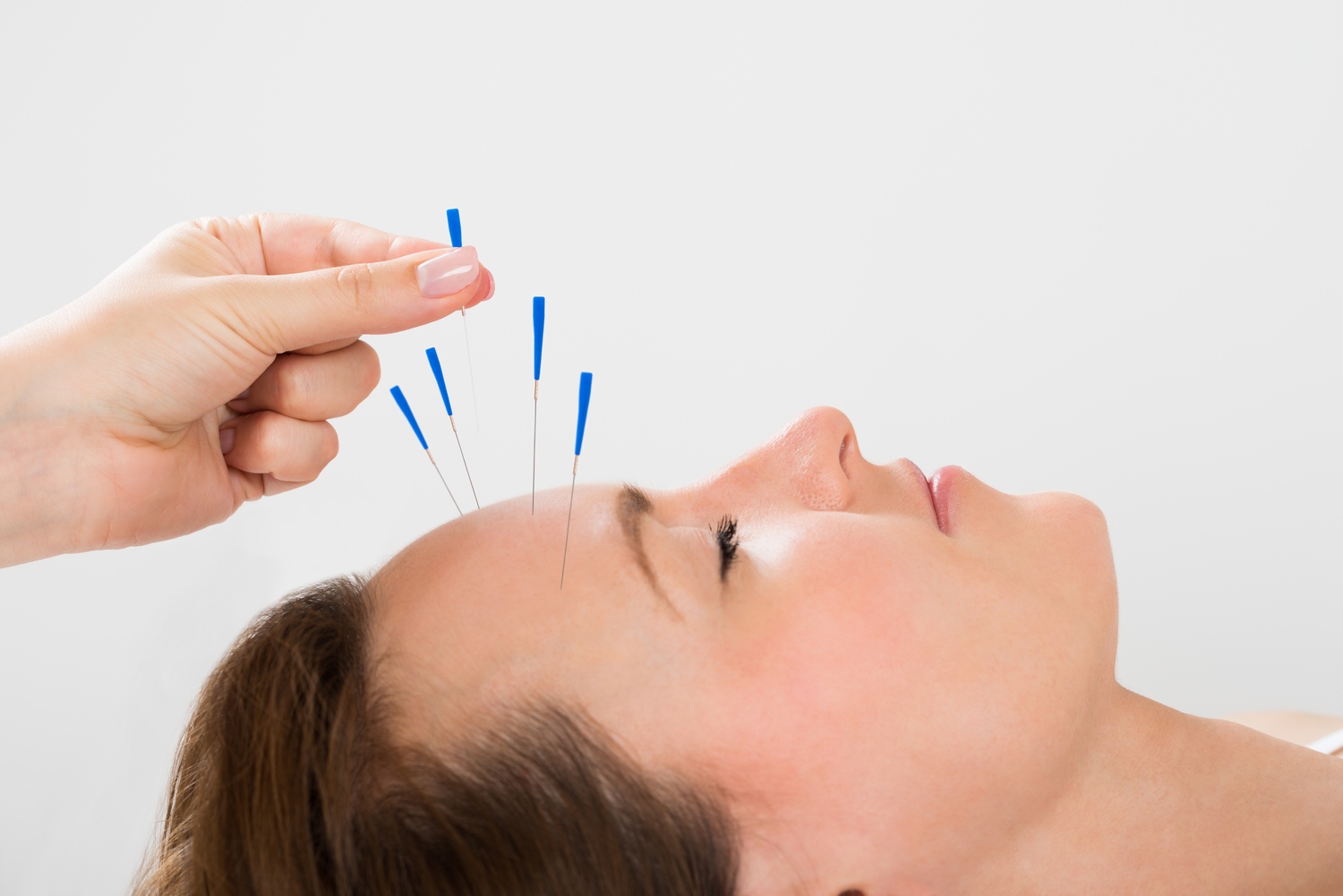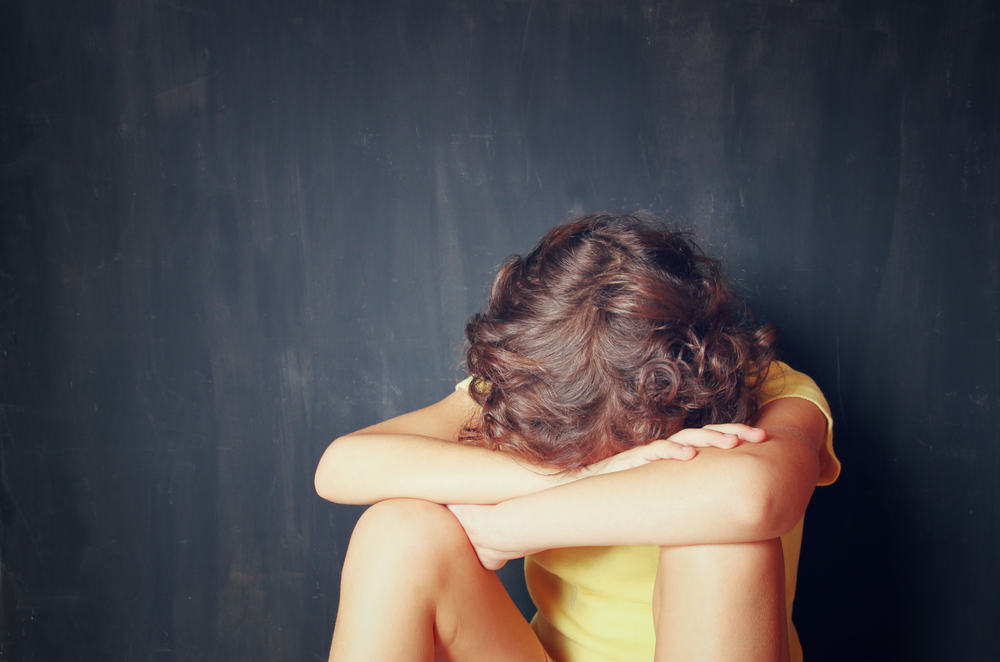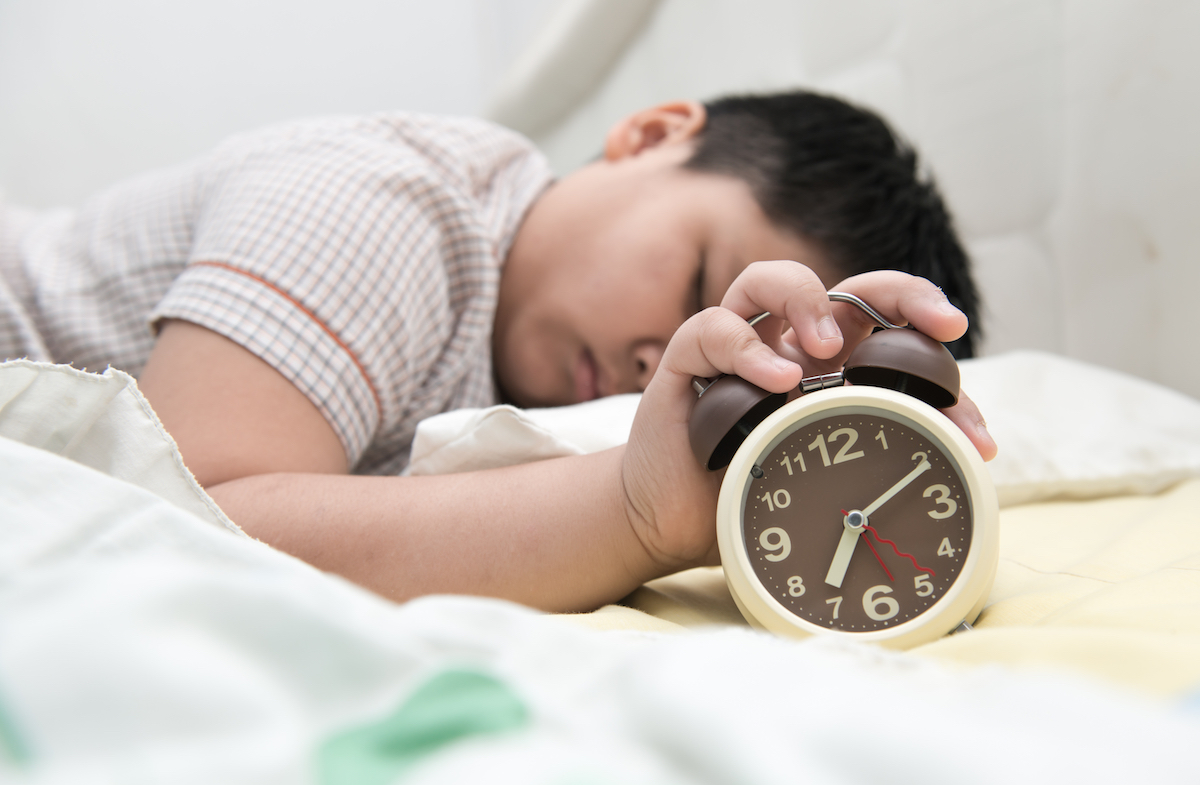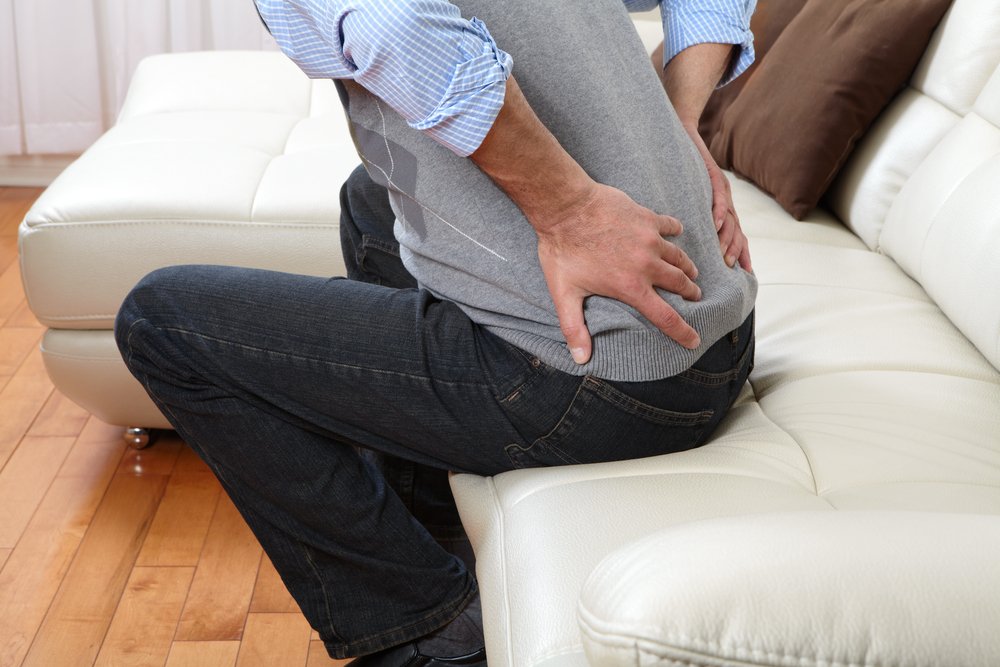Contents:
- Medical Video: How To Treat Insomnia Naturally Without Medication Fix Sleeping Problems | Best Way To Sleep Better
- Is it normal if the elderly have difficulty sleeping?
- Causes of sleep difficulties in the elderly
- Tips for better sleep for the elderly
Medical Video: How To Treat Insomnia Naturally Without Medication Fix Sleeping Problems | Best Way To Sleep Better
When you were young, you only need a few minutes since going to bed until you can fall asleep. However, as time went on, elderly people complained about problems with insomnia. Even when entering old age, your energy level has decreased and you also have to rest enough to keep your body fit.
Then, what are the causes of insomnia in the elderly? Can this be prevented and overcome? Check out the explanation below to find out the answer!
Is it normal if the elderly have difficulty sleeping?
The aging process is a natural thing for the elderly. Signs of a reasonable aging process include fine lines on the face, gray hair, and decreased sharpness of vision and hearing.
It turns out that besides these things, one of the symptoms of aging is a change in sleep patterns. You may be sleepy at an earlier hour so you wake up at dawn or early in the morning. However, you may also experience insomnia or insomnia.
According to experts, insomnia is one of the symptoms of normal and common aging. Elderly people, precisely over 65 years old, usually report difficulty sleeping soundly, suddenly wake up in the middle of the night, or can only sleep for a few hours last night.
As long as this problem is not too severe and does not interfere with your daily activities, you need not worry. However, if insomnia is experienced seriously enough, call your doctor immediately. There may be causes of insomnia that should be watched out for, for example certain chronic diseases.
Causes of sleep difficulties in the elderly
According to a study in the journal Neuron, as you age the duration of your deep sleep will decrease. This aging process has even begun since you turned 20. For example, in your 20s you could sleep for seven hours. When you enter middle age, you often wake up in the middle of the night to several times and have trouble sleeping again. It continues until you reach old age. You may only be able to sleep well for a few hours.
In a study from the University of California, Berkeley, experts found that the cause of insomnia in the elderly was a decrease in brain function. In order to be able to sleep well, humans will receive signals of fatigue and sleepiness sent by various chemicals in the brain. But in the elderly, the performance of brain neurons starts to weaken so that the signal is tired and sleepy is not well received.
Tips for better sleep for the elderly
So that you can sleep better, you should set a regular bedtime every day. That way, the body will be trained for a long time to sleep at the right hour. In addition, avoid consuming caffeinated drinks such as coffee and soft drinks about six hours before going to bed.
So that you can fall asleep quickly, try to turn it off handphone, television, and other electronic devices when you are in bed. Then, try to relax with breathing techniques as in this link. The breathing technique can also be used to sleep again if you wake up in the middle of the night.

